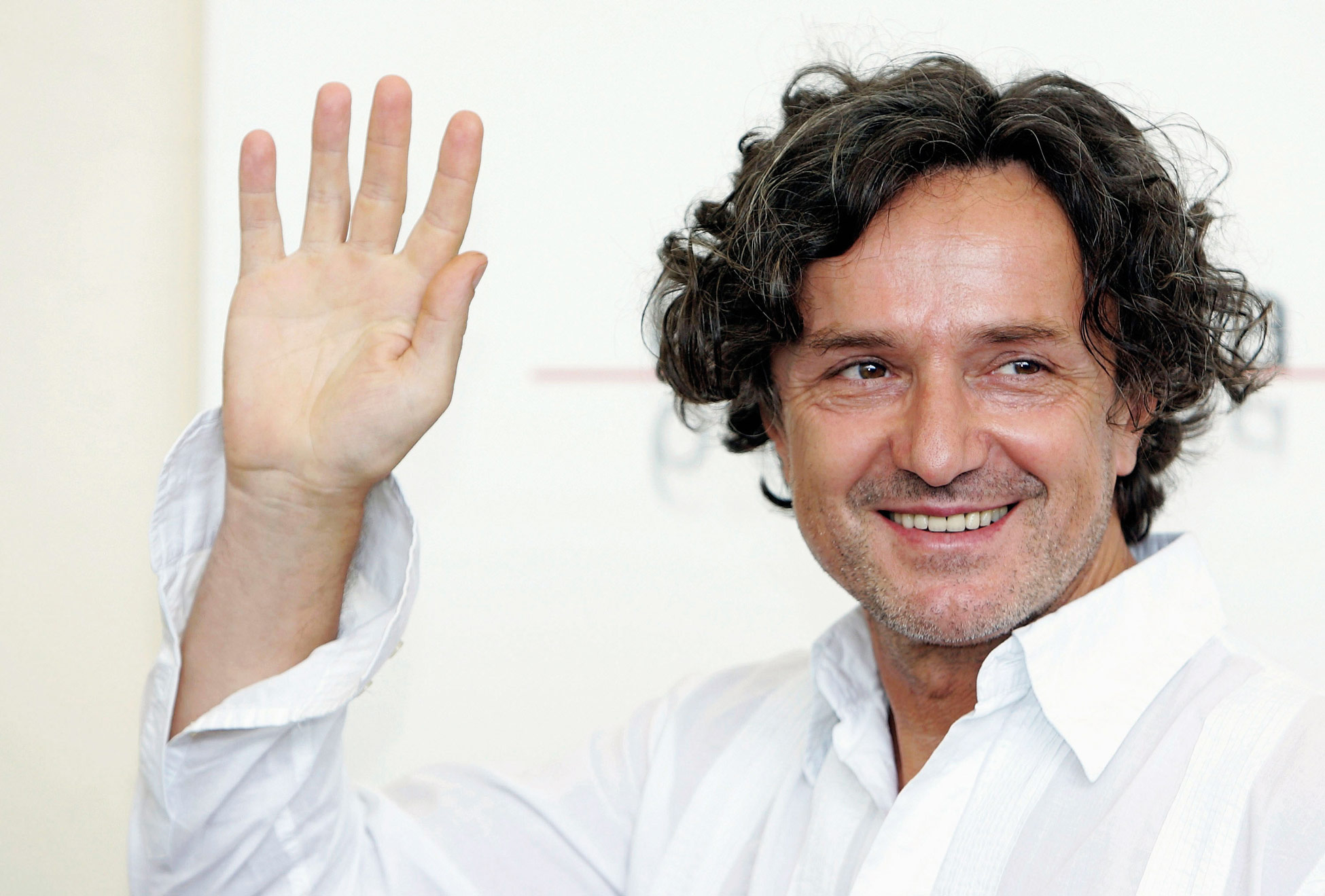The man who raised his glass to the Gypsies: Who is Goran Bregovic?
Someone who mourns the ears and the hearts with sometimes sad sometimes cheerful Balkan melodies; Goran Bregovic… His voice became the prince of Balkan music with the songs he composed to "remind people what Gypsy culture gave them".

Born in Sarajevo in 1950, Goran Bregovic is the only son of a Serbian mother and a Croatian father. When his mother and father, an officer in the Yugoslav People's Army, separated, he moved to live with his mother in Sarajevo, where he was born. Struggling with all kinds of difficulties in every period of his life, Bregovic lived his most difficult years until the age of 17, when he started making music professionally. Although he was expelled from the music school, which he entered with great enthusiasm, on the grounds that he was "incompetent" when he was in the second grade, he never left the guitar his mother bought him and learned a lot about music both with his own efforts and with the support of his friends. In the same year, he joined a music group called “Formation Bestije”. After two years in this group, he started playing bass guitar in the group called "Kodeksi". During this period, Bregovic decided to continue his education at the conservatory to take violin lessons. His absences during his education, which lasted for several years, caused him to be expelled from school. Deciding to take a new path for himself, Bregovic returned to university as a philosophy student and turned away from music.
Goran Bregović (born 22 March 1950) is a recording artist from Bosnia and Herzegovina. He is one of the most internationally known modern musicians and composers of the Slavic-speaking countries in the Balkans, and is one of the few former Yugoslav musicians who has performed at major international venues such as Carnegie Hall, Royal Albert Hall and L'Olympia.
At least that's what he thought, because once the music had started to run through his veins, it had left a considerable mark in the depths of his soul. After a while, he left the university completely and founded his first band, “Bijelo Dugme (White Button)”. This group was a special group that blended traditional elements with rock music, where Goran used his creativity in music and pushed the boundaries of music. This experimental music he made attracted attention in a short time and became Yugoslavia's most admired most listened and followed music group. Awards, successes, and accolades followed one after another. However, Goran announced that he did what he could about rock music, which he loved very much, and that he realized that he had enough of this music and left the band for 15 years. The group broke up, and Goran, as he had dreamed of since his childhood, bought a small house on the island of Adria and started living away from everything and everyone. Even the music...
The turning point of his life was his meeting with Emir Kusturica, who took him away from his life of seclusion. The friendship that started between them was also reflected in their professional business life and they turned into a perfect couple in a short time. The second album of Goran Bregovic, who released his first album under his own name in 1976, consisted of soundtracks. Goran Bregovic, who composed the music for Mica Milosevic's movie "Nije Nego" for the first time in 1973 and released an album with this name, composed the music for Emir Kusturica's much-talked-about and still-influenced movie "Gypsy Time" in 1989. Both the film and its complementary music achieved such worldwide success and were so loved in a short time that the sequels of Kusturica and Bregovic's films followed. In addition to Kusturica's Arizona Dream and "Underground", which won the Palme d'Or, Bregovic also composed the music for Queen Margot films, which won 2 awards at the 1994 Cannes Film Festival. Even later, he not only supported the Norwegian director Unni Straume's 2002 film "Weddings and Funerals" with the soundtrack but also appeared in front of the camera as the leading role.
Goran Bregovic lost everything during the war years. The war that started while he was in Paris required him to start everything from scratch when he returned to his country. This period in which he lived also changed his perspective on life and he began to value nothing material as much as before and to ignore material values. In this confusion, love also knocked on his door. In 1993, he married his longtime partner Dzenana Sudzuka. A world-famous musician, he was now a happy family man with three children.
Bregovic's Wedding and Funeral Orchestra not only combines traditional polyphonic Bulgarian music and Gypsy music but also achieves an unpredictable harmony between electric guitar and percussion; it also expresses Bregovic's philosophy of life. According to Bregovic, Wedding, and Funeral, which either makes the listeners swim in the deep waters of sadness or gives them an enthusiasm that they cannot stop without dancing, according to its rhythm, symbolizes the extreme points of life consisting of black and white. Returning to the stage with a 45-member orchestra after a long hiatus, Bregovic's band members wear black, and himself white at all concerts is a part of this philosophy.
